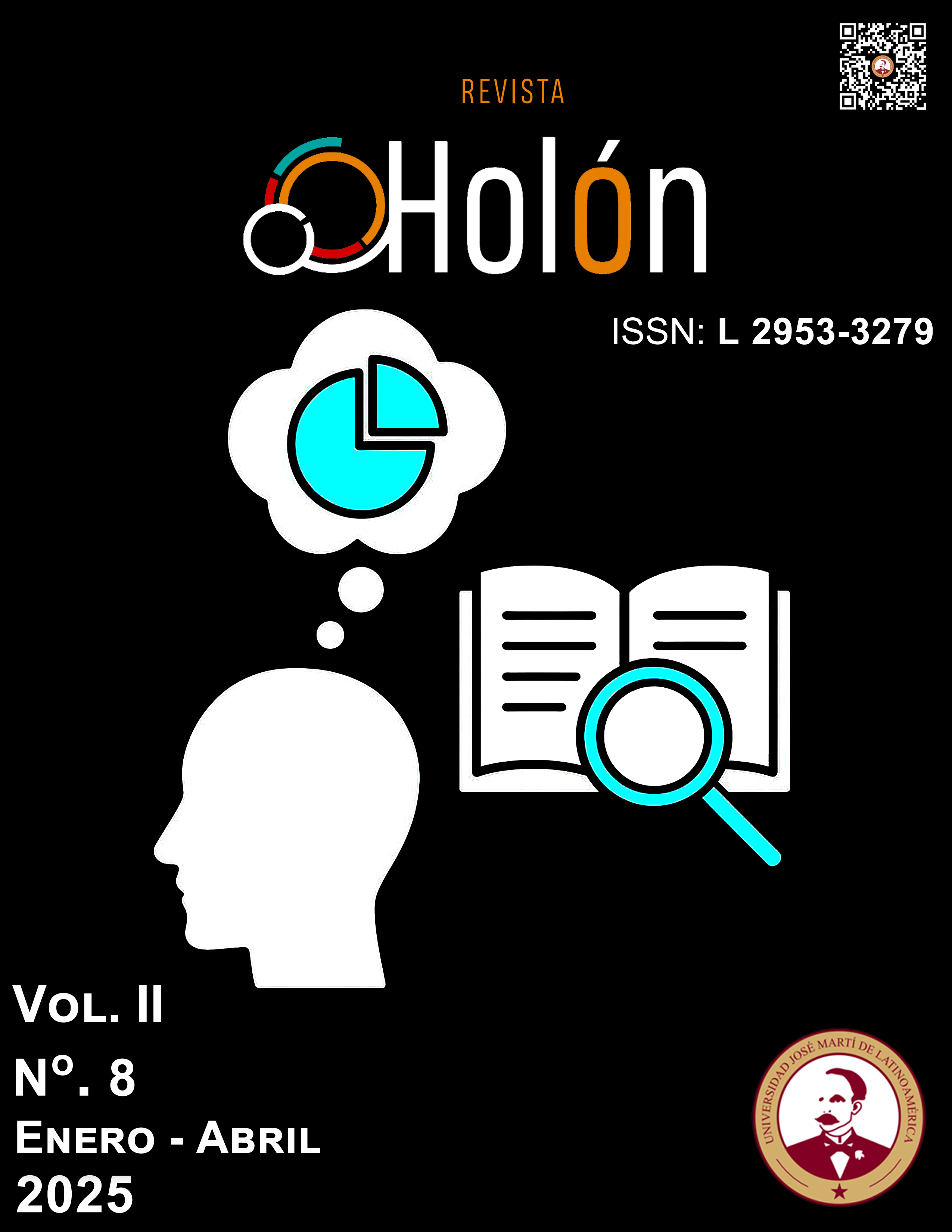

Copyright (c) 2025 Revista Holón

This work is licensed under a Creative Commons Attribution-NonCommercial-ShareAlike 4.0 International License.
The present study focused on carrying out a diagnosis of the current situation of inclusive education in a Peruvian university institution. Through a SWOT analysis, which included interviews with teachers and the review of institutional documents, the strengths, opportunities, weaknesses and threats that the university faces on its path towards inclusion were identified. The analysis revealed strengths such as the existence of access and support policies for students with disabilities, as well as the will of the university community to advance inclusion. However, weaknesses were also detected in the implementation of these policies, the lack of teacher training in inclusive pedagogical strategies and the presence of attitudinal barriers that limit the full participation of all students. The study highlights the importance of a holistic approach in the implementation of inclusive education, where the axes of policies, culture and practices advance synergistically and simultaneously. Inclusive policies must be rooted in an institutional culture that values diversity and in specific pedagogical practices that respond to the needs of each student, in a way that guarantees accessibility and equity in the learning process. The interdependence of these three axes is fundamental for the construction of an inclusive educational institution.